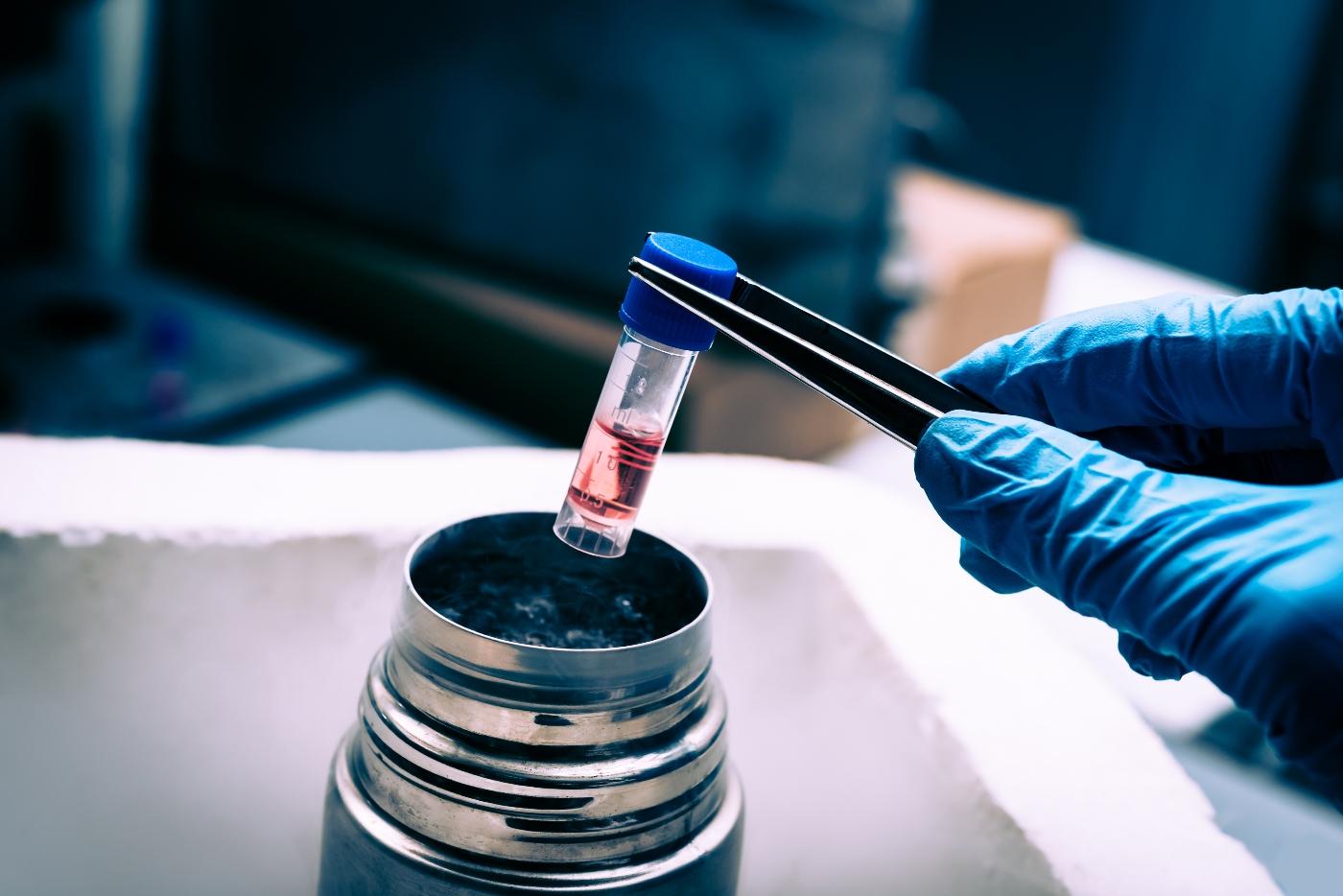By KENNETH MAUTNER, a,b ROBERT BOWERS, a,b KIRK EASLEY, c ZACHARY FAUSEL, b RYAN ROBINSON
Overview
This study aimed to determine whether autologous orthobiologic tissue source affects pain and functional outcomes in patients with symptomatic knee osteoarthritis (OA) who received microfragmented adipose tissue (MFAT) or bone marrow aspirate concentrate (BMAC) injection. We retrospectively reviewed prospectively collected data from patients who received BMAC or MFAT injection for symptomatic knee OA. Patients completed baseline and follow-up surveys. Each survey included the Knee
Injury and Osteoarthritis Outcome Score (KOOS) questionnaire, Emory Quality of Life (EQOL) questionnaire, and Visual Analog Scale (VAS) for pain. The follow-up responses were compared with baseline for all patients and between BMAC and MFAT groups. A total of 110 patients met inclusion criteria, with 76 patients (BMAC 41, MFAT 35) and 106 knees (BMAC 58, MFAT 48) having appropriate follow-up data. The BMAC group included 17 females and 24 males, with a mean age of 59 – 11 years. The MFAT group included 23 females and 12 males, with a mean age of 63 – 11 years. Minimum follow- up time was 0.5 years. Mean follow-up time was 1.80 – 0.88 years for BMAC and 1.09 – 0.49 years for MFAT. Both groups had significant improvement in EQOL, VAS, and all KOOS parameters preprocedure versus postprocedure (p < .001). There was not a significant difference when comparing postprocedure scores between groups (p = .09, .38, .63, .94, .17, .15, .70, respectively). These data demonstrate significant improvement in pain and function with both MFAT and BMAC injections in patients with symptomatic knee OA without a significant difference in improvement when comparing the two autologous tissue sources.
Results
- There were significant improvements in pain and function with both microfragmented adipose tissue and bone marrow aspirate concentrate injections in patients with symptomatic knee osteoarthritis (OA), without a significant difference in improvement when comparing the two autologous tissue sources.
- The results are important in that they will help us provide outcome knowledge to future patients.
- This will help guide patients toward the best treatment possible for symptomatic knee OA.
Click here to read the full study through a digital PDF download.
